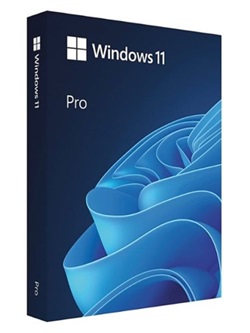Many changes are already known
[img] Windows 11 is the next generation of Windows operating systems in the fall of 2021. The new system received a seriously redesigned interface and new functionality, which will now be tested by insiders using preview builds of Windows 11.
Windows 10 receives new releases on an ongoing basis, which are available at no additional cost to users
Feature: Windows 11 is a series of operating systems for personal computers produced by Microsoft as part of its Windows NT family of operating systems. It is the successor to Windows 10, and was released to manufacturing on July 15, 2015, and to retail on July 29, 2015.
One of the most notable features of Windows 11 is support for Universal Apps, an expansion of the Metro-style apps first introduced in Windows 10
Devices in enterprise environments may receive these updates at a slower pace or utilize long-term support milestones that only receive critical updates, such as security patches, over their ten-year extended support lifetime. Universal apps can be designed to run across multiple Microsoft product families with nearly identical code , smartphones, embedded systems, Xbox One, Surface Hub, and Mixed Reality.
Windows 10 also introduced the Microsoft Edge web browser, a virtual desktop system, a window and desktop management feature called Task View, support for facial and fingerprint login, new security features for enterprise environments, and DirectX
The Windows user interface has been overhauled to handle transitions between a mouse-oriented interface and a touch-optimized interface based on available input devices; Particularly on 2-in-1 PCs, both interfaces include an updated Start menu that incorporates items from the traditional Windows 7 Start menu with the Windows 8 tiles.



 22/47
22/47